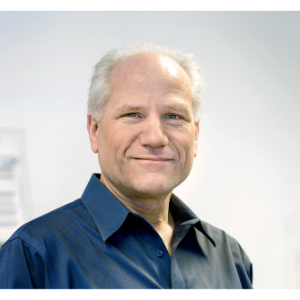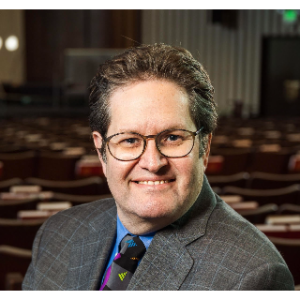Find an expert
Our panel of editors are available for interview
Dr Brandy Shillace
Editor-in-Chief of Medical Humanities
Brandy Schillace, PhD, is Senior Research Associate and Public Engagement and Programs Leader for the Dittrick Museum of Medical History. Dr Schillace writes about intersections of medicine, history, and literature. For ten years, she managed the medical anthropology journal, Culture, Medicine and Psychiatry, and edited its first medical humanities special issue. Brandy’s recent books include Death’s Summer Coat (2016), Clockwork Futures (2017) and Mr Humble and Dr Butcher: A Monkey’s Head, the Pope’s Neuroscientist, and the Quest to Transplant the Soul (2021).
Professor Bryony Dean Franklin
Editor-in-Chief of BMJ Quality & Safety
Professor Bryony Dean Franklin is a hospital pharmacist by background, with 30 years’ experience of research into medication safety, medication use in practice and patient safety more generally. She is Co-Editor-in-Chief of BMJ Quality & Safety, Professor of Medication Safety at UCL School of Pharmacy, Executive Lead Pharmacist for Research at Imperial College Healthcare NHS Trust, Director of the NIHR North West London Patient Safety Research Collaboration and theme lead for the NIHR Health Protection Research Unit in Healthcare Associated Infection and Antimicrobial Resistance at Imperial College London. Professor Franklin has published widely on medication safety, the evaluation of various technologies designed to reduce errors, and the patient’s role in patient safety. Her current post combines research, quality improvement, education and training, medical publishing and hospital pharmacy practice.
Professor Ronald F. van Vollenhoven
Editor-in-Chief of Lupus Science & Medicine
Professor Ronald F. van Vollenhoven is a distinguished rheumatologist and immunologist, known for his significant contributions in the field. He currently holds the position of Chair of the Department of Rheumatology and Clinical Immunology at Amsterdam UMC and directs the Amsterdam Rheumatology Centre. With a background in immunology and extensive training in Internal Medicine and Rheumatology, he has dedicated his career to the development and evaluation of biological and immunomodulatory treatments for rheumatic diseases. Dr. Van Vollenhoven has played a pivotal role in establishing crucial registries, including the Stockholm registry for biological therapies (STURE database), and has been a principal investigator in numerous clinical trials.
Doctor Elliott Haut
Editor-in-Chief of Trauma Surgery & Acute Care
Vice Chair of Quality, Safety & Service, Department of Surgery, Professor of Surgery, Anaesthesiology and Critical Care Medicine (ACCM), Emergency Medicine, and Health Policy & Management
The Johns Hopkins School of Medicine and The Bloomberg School of Public Health. Director, Trauma/ Acute Care Surgery Fellowship, The Johns Hopkins Hospital.
Professor Anna Maria Geretti
Editor-in-Chief of Sexually Transmitted Infections
Anna Maria Geretti, MD, PhD, FRCPath, is Professor of Virology & Infectious Diseases at the Institute of Infection & Global Health of the University of Liverpool, and Honorary Consultant at the Royal Liverpool University Hospital. She trained in Italy, the Netherlands and the UK and has a special interest in HIV, hepatitis B and hepatitis C infection. She has published over 100 peer-reviewed articles, editorials, reviews and book chapters, runs capacity building programmes for resource-limited countries and enthusiastically shares her expertise to train doctors and scientists.
Professor Hans Kromhout
Editor-in-Chief of Occupational & Environmental Medicine
Professor Hans Kromhout is an occupational hygiene and epidemiology specialist, based at the Institute for Risk Assessment Sciences at Utrecht University in the Netherlands. Professor Kromhout’s work has covered the health effects of chemical and physical (EMF) agents in the workplace and general environment. He has been the (co-)PI of large international studies in among others the asphalt industry, rubber manufacturing industry, industrial minerals industry, health sector and agriculture and community based studies on cancer, respiratory diseases, neurodegenerative diseases and reproductive health effects.







